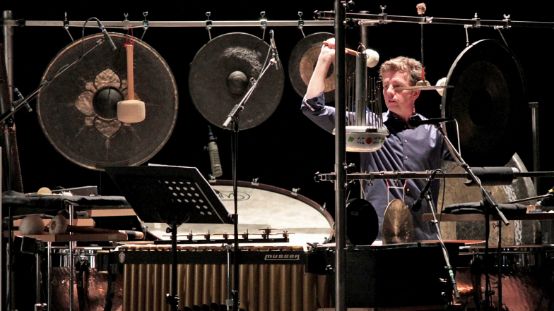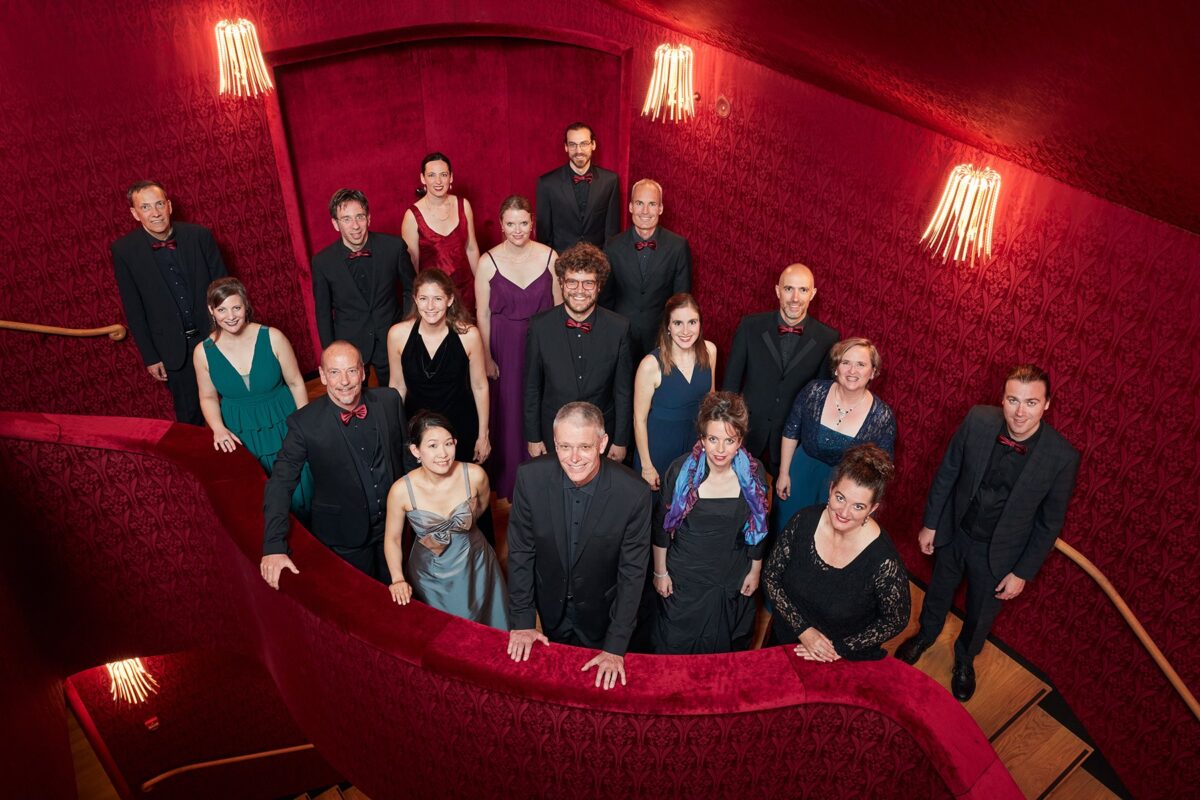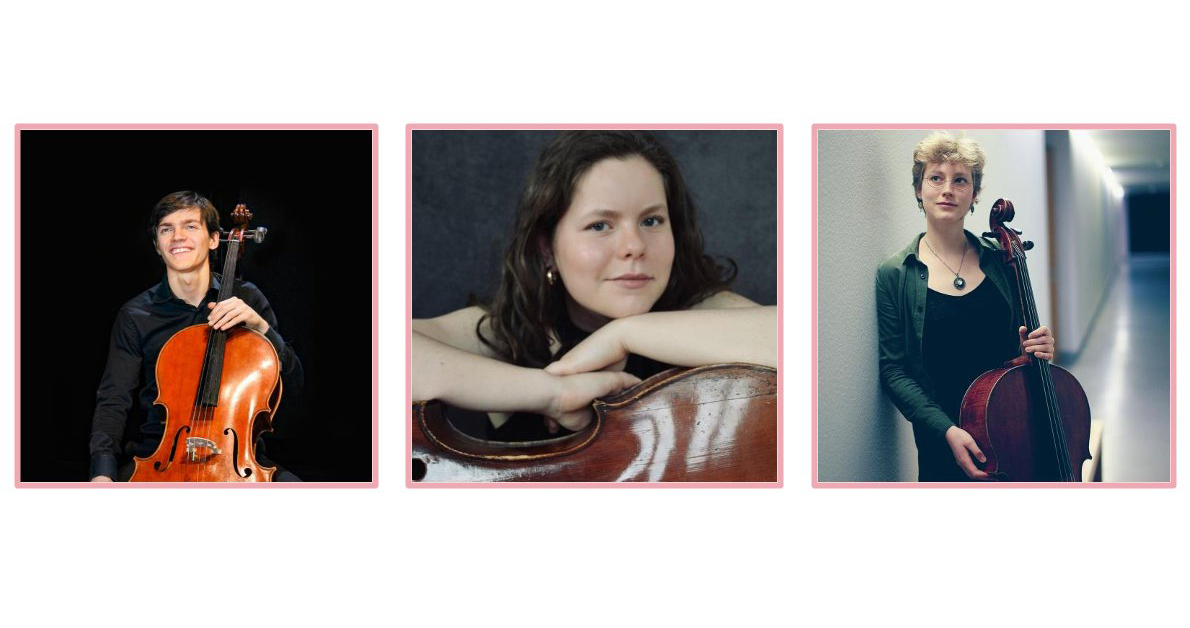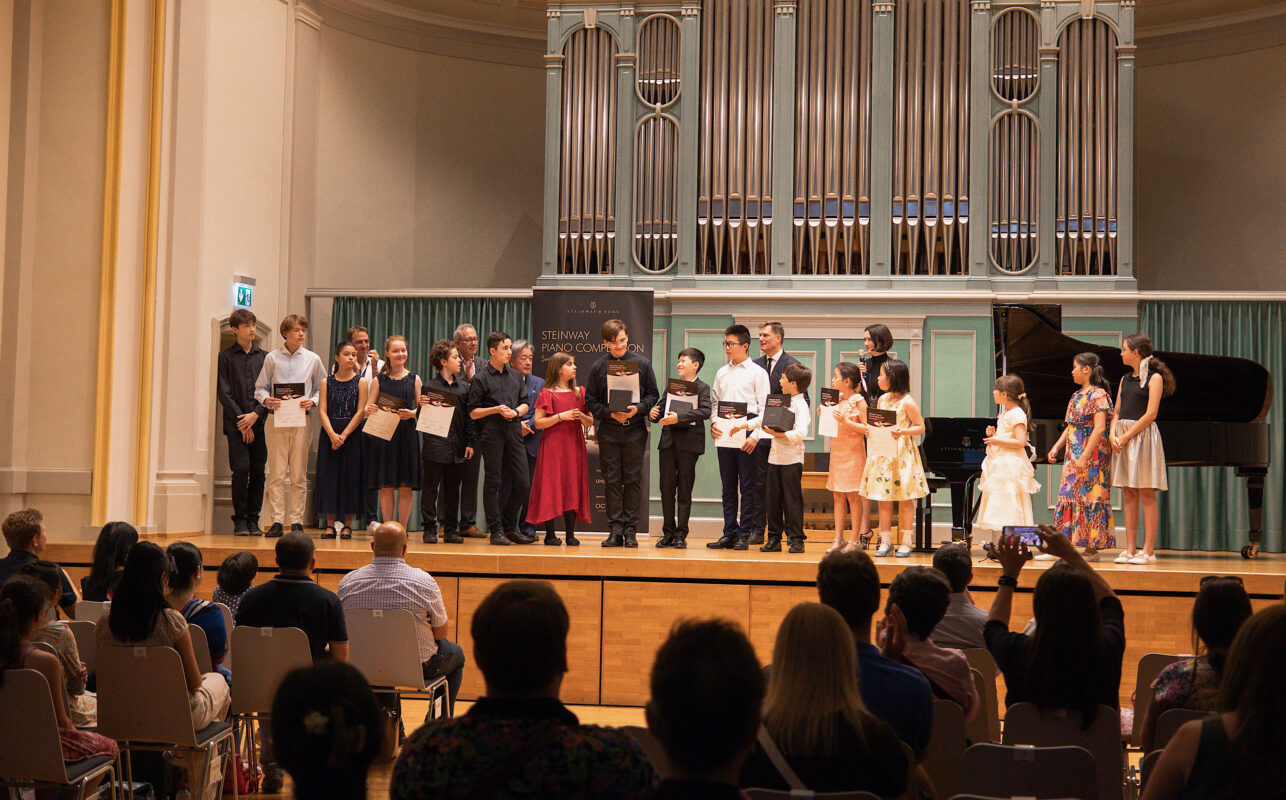Return of the large forms
At the Donaueschingen Music Festival from October 18 to 20, works were premiered whose common feature is their extended duration.

Large-scale form, a favorite phenomenon of the late Romantic music world, was largely rejected by young musicians at the beginning of the 20th century. When musical structures became so complex and fragile with the early twelve-tone technique, for example in Anton Webern's music, the composer settled for pieces lasting a few minutes. In more recent times, pieces of around an hour in length have appeared time and again. Armin Köhler, program director at SWF and in particular for the Donaueschingen Music Days, has been trying for several years to base the programs on a specific theme. This year, it is the new large-scale form, in all parts of the program, including the installations.
Fundamental problems
The problem of the large-scale form: to keep the audience interested again and again and yet to create a uniform large-scale form. This was demonstrated by the two pieces on the first evening with the large SWR Symphony Orchestra Baden-Baden and Freiburg under the joint direction of Pascal Rophé, Wolfgang Lischke and Christopher Sprenger. Bernhard Lang works in his Monadologies - This was about the 13th, called "The Saucy Maid" - with motif repetitions and their changes, in a mechanized structure that quickly becomes boring due to the eternal repetitions. The fact that the second orchestral formation, which is positioned behind the audience, is tuned a quarter tone lower does not help much and is lost in the massive overall sound, where sound surface units are shifted against each other. This is quite different with Walter Zimmermann in his Suavi Mari Magno Clinamen I-VI for six orchestral groups, distributed around the audience and held together by several conductors and TV broadcasts of the main conductor via monitors. Canons are joined together in close proximity, but everything is constantly in motion, with lots of imagination, jumping back and forth.
Fascinating and frightening at the same time Memory for large ensemble (Klangforum Wien) by 44-year-old Sauerland composer Enno Poppe, in which a calm four-four time signature is conducted, but the notes always roll down after the beat, their sequence probably defined by the computer. The composer has the instruments constantly screaming in excessive high registers, for 71 minutes in an unbelievable frenzy, and all with the highest precision, like clockwork. This sound event is fascinating, but at the same time you feel sorry for the musicians who have to play incessant sheaves of notes that simply have to be practiced so that they can be called up without thinking. It seems inhuman what the daggy red-haired composer as conductor can conjure up incessantly, dancing with ease.








